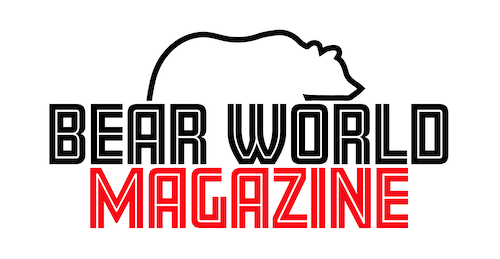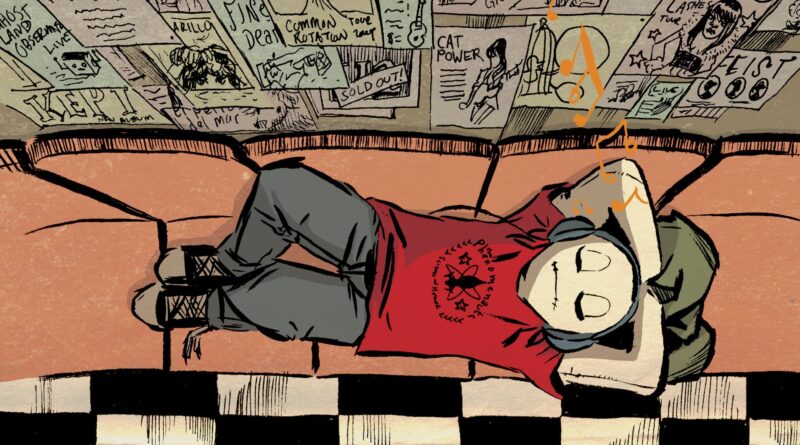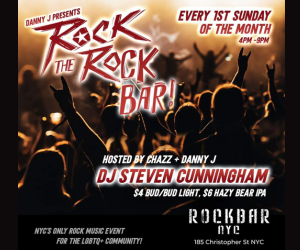Comics Corner – The Sina Grace Tapes, Part 1
With over a decade in the comics industry, Sina Grace has become one of the most prolific creators around. Known as much for his introspective personal work as he is for his GLAAD Media Award-nominated revitalisation of Marvel’s Iceman, Grace has also proven himself one of the most important queer creators working today, bringing authentic characters and experiences to the page of indie and mainstream books alike.
A year ago, Grace launched Rockstar and Softboy, a magical (sur)realist exploration of gay male friendships that packed in plenty of easter eggs for pop culture addicts of all stripes. With the even wilder sequel, Rockstar and Softboy Go to Space, set to arrive February 2023 – and with the first volume nominated for the Gayming Awards 2023 – we spoke at length with Grace about… well, close to everything!
In part one of an extended, candid interview, we discuss Grace’s career to date, from breaking in as an editor, through learning to follow his own advice as a creator, and the risks of speaking out when things go wrong.
Content Warning – this interview is uncensored and contains language some may find offensive
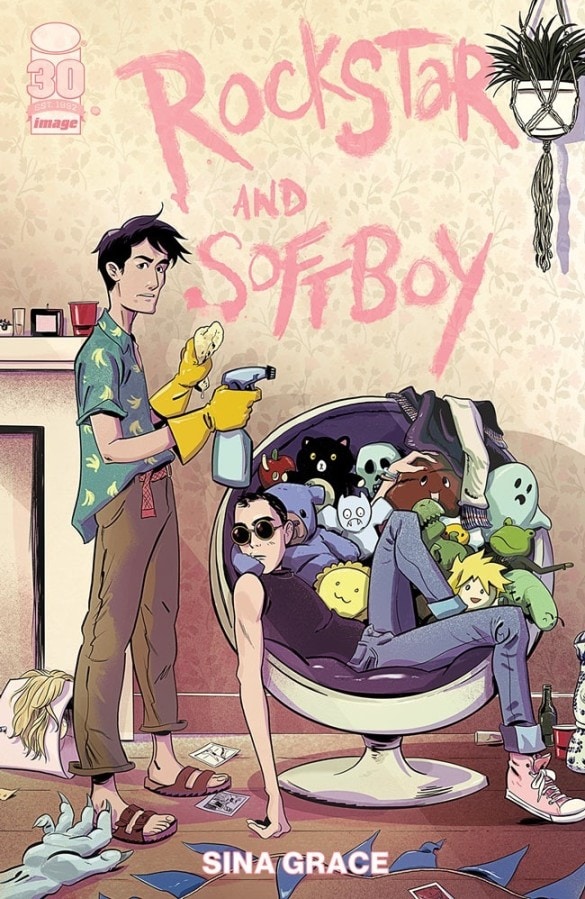
Matt Kamen: So, before getting onto Rockstar and Softboy, I want to flash back a bit: the first time I encountered your name in comics was when you were editing some of Robert Kirkman’s books, notably Invincible and The Walking Dead. How did you get involved with that side of the comics business?
Sina Grace: I had a wild near-three year period where I was a comic book editor! Scott Dunbier recommended me for the job as Robert’s Editorial Director when his Skybound imprint first launched, all because Scott knew I did some editorial interning at Top Cow Productions in High School! Granted, I’d done a ton of work making my own comics between high school and getting that job. Like, start-to-finish stuff, down to logo design and sending files to the printer. Robert appreciated that I knew every aspect of how making comics works, so I think that’s what got me the job.
MK: One of your earliest credits as a comic creator was as artist on The Li’l Depressed Boy, right? How did that come about, and was it a struggle to balance being on both sides of the comic industry ‘fence’ at once?
SG: The Li’l Depressed Boy was the first book I worked on at Image Comics, but before that I had been in anthologies, self-published a series called Books with Pictures, and contributed illustrations for Amber Benson’s middle grade book Among the Ghosts, as well as Karen Tei Yamashita’s National Book Award-nominated masterpiece, I Hotel (we lost to Patti Smith’s Just Kids so there’s no hard feelings). I’d been pretty eager to make comics since I was in high school, and did everything in my abilities to break in and learn more.
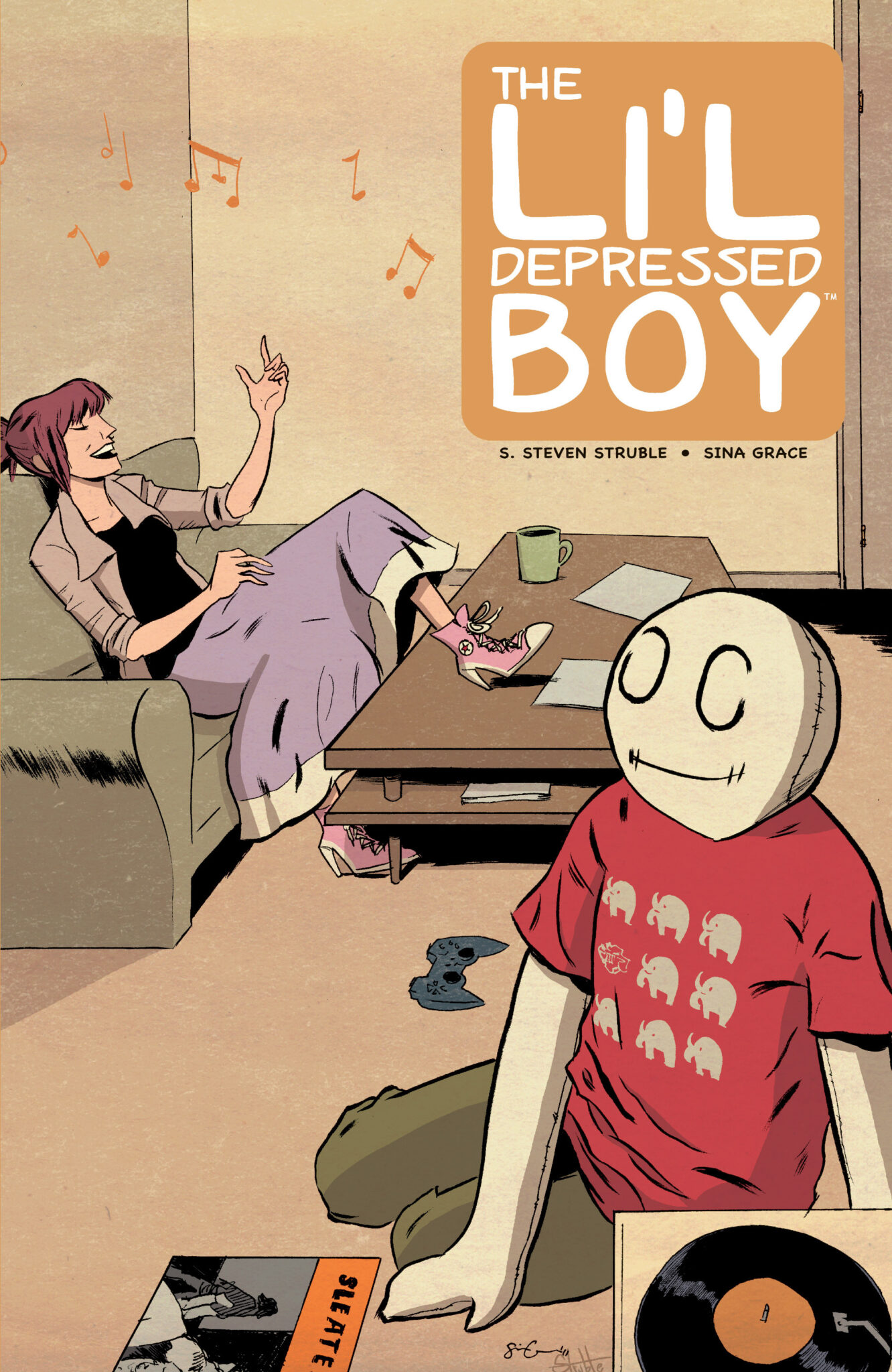
MK: What made you step away from the editing side? Had it become too ‘safe’ or less creatively fulfilling?
SG: I was getting terrible at my job. That era of Skybound’s history was incredibly exciting, but challenging as well. They needed a career editor to kick butt, and my heart was not in it, and my ambitions to tell my own stories were growing. I was drawing a monthly book (Li’l Depressed Boy) and then secretly working on another graphic novel that was all me (Not My Bag). You can’t do all that stuff and be a complete slut AND work 50+ hours for the most successful dude in comics.
MK: So, this might be a little contentious to touch upon, but Robert Kirkman himself had attracted some flack a few years before then with the Freedom Ring character at Marvel, who was perceived as a cartoonishly stereotypical gay man. Jesus in The Walking Dead was better received when revealed as gay. As editor of the book around that time, did you have any input on representation, or was it just a case of Robert growing and changing as a creator?
SG: Freedom Ring was way before my time and Jesus was after my time, so I think the only majorly out queer character in [Robert’s] canon at the time was William from Invincible? I can’t really remember my attitude about any of that stuff, but I think my stance nowadays probably aligns with whoever I was back then: an employee should not be HR or the sensitivity reader to their employer. Robert’s stories always focus on people dealing with larger-than-life issues, so relationships of any kind aren’t the centrepiece of his arcs, y’know? I liked how he handled William, and I dig that character on the show too!
I can’t remember a lot about The Walking Dead towards the end, and Robert keeps a lot things to himself until it’s time to be revealed, so I really couldn’t tell you if I knew Jesus was gay before the fans did.
Fun fact: Freedom Ring is the whole reason I got a gig at Marvel!
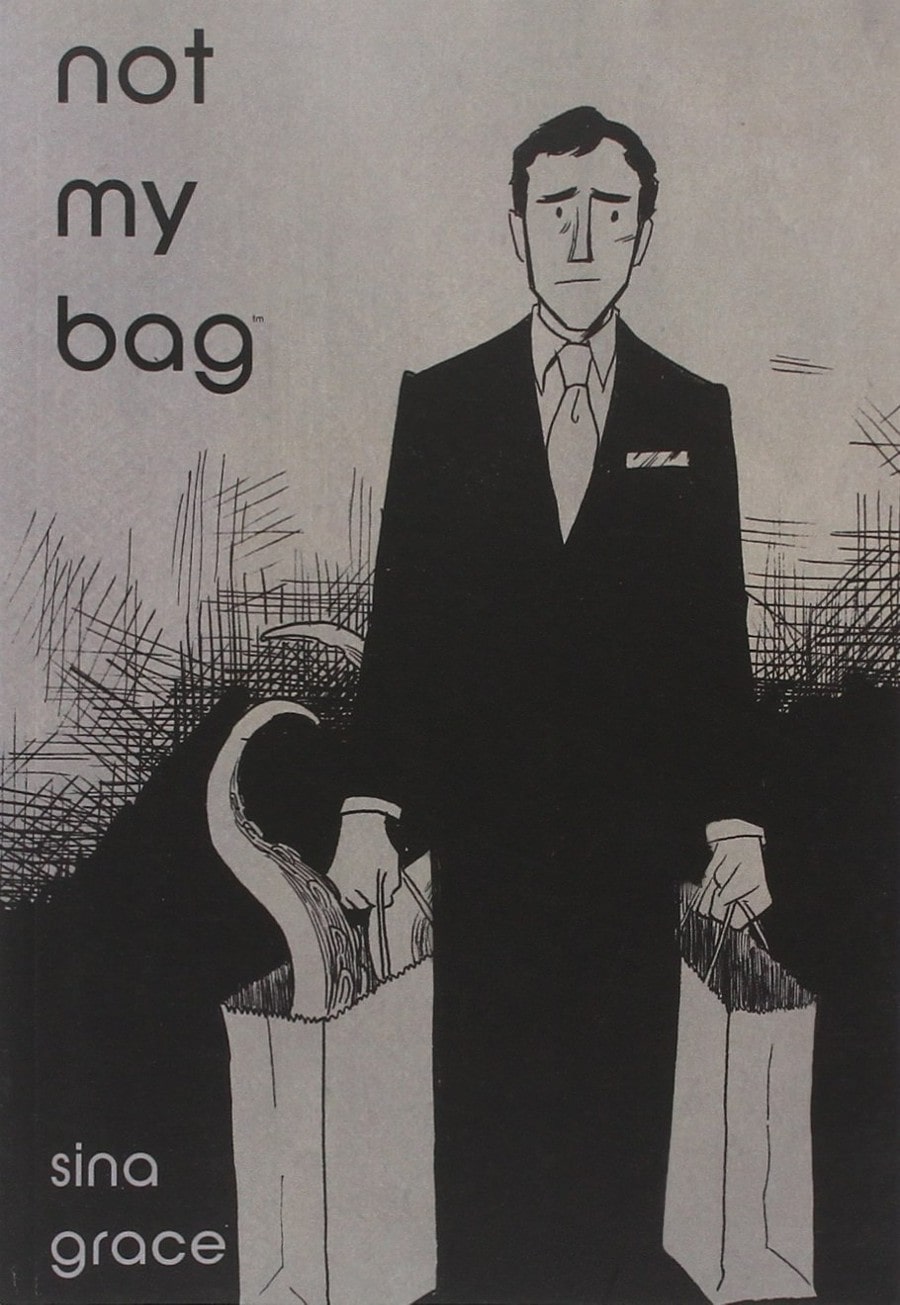
MK: Well, obviously we need to get into that! What’s the “dominos falling meme” that lead from Freedom Ring to your work on Iceman?
SG: Long and short of it: I’d given an indie artist friend of mine some advice along the lines of “this is crass, but go to the Big Two and make a name for yourself getting hired while they’re looking to match black characters with black creators/female characters with female creators, etc, and then go back to indie with those fans”. Then I was like… “wait… why don’t I do that?”
I had this whole idea to “fix” the aspects of Freedom Ring’s arc that fans didn’t like and asked Gerry Duggan if he’d co-write with me to get in the door. Gerry was like “you’re good enough to work on your own,” and re-introduced me to an editor who’d bought Not My Bag. From there, I got some short stories that ultimately led to Iceman. All this is to say, I think everyone was fine just letting Freedom Ring be what it was.
MK: A lot of your work before Marvel – certainly the likes of Not My Bag, Self Obsessed, and Nothing Lasts Forever – was more introspective and autobiographical. How did you find it shifting gears to the more soap operatic world of corporate superheroes?
SG: I always felt capable of telling both kinds of stories, but I think the stuff that was getting published first all had an indie/slice-of-life vibe? There was an incredibly important conversation I had with Jeff Lemire something like ten Comic Cons ago where he kindly (and bluntly) told me to look at my output and consider what editors, store owners, and readers must think.
I was drawing like three different books and only one of them I was co-writing, and each was a different genre. “So, are you a freelance artist,” he asked. I’ve always wanted to be a faggy version of Jeff, or maybe something altogether different. I just wanted to tell whatever story I had to tell, the way it was meant to be told. I had to remove a few ampersands around my name to reach that goal.
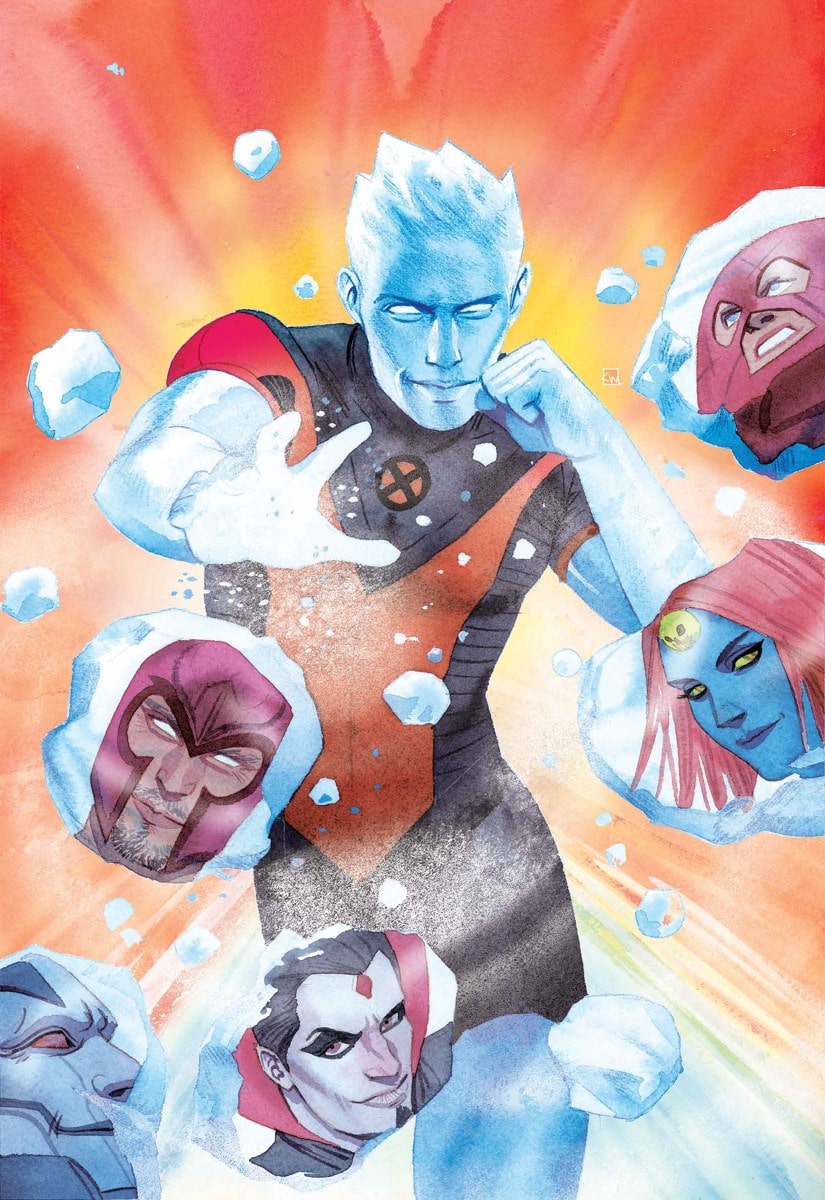
MK: For people who aren’t as immersed in the endless continuity of Marvel: when you got the Iceman book, there were two versions of Bobby running around because of time travel, with the younger version being unwillingly outed before the older one came out, each of them had a different boyfriend, and you were mostly writing about the older Bobby. In hindsight, was Marvel shooting itself in the foot with such a HEAP of backstory for any new or returning readers to wrap their heads around, while also trying to push its newly gay hero comic?
SG: I will answer your question with a question: is there EVER a good time to launch a standalone character’s book in the X-Men universe? Half the fun of those books is how convoluted and wild the canon is, and if someone went to Steve Foxe with the same prompt in the current continuity, isn’t Bobby terraforming Mars or something? I allowed myself a long break after the Marvel stuff so I’m behind, but I’m told Kieron Gillen is serving and that I should be reading again.
At the time, I didn’t see it as a challenge because it was what allowed the character a chance to come into his own. I think the only smooth time in the canon would have been around Scott Lobdell’s run.
MK: Do you feel like you’ve scratched any corporate superhero itch now, or could you be tempted back to the Big Two?
SG: My relationship with DC Comics is still going strong. I wrapped up a Superman young adult graphic novel that I wrote and drew called The Harvests of Youth, and that’ll be out this October. They gave me an amazing opportunity to explore mental health with the Gotham Girl character last year, too. I’ll always love superheroes, and I think the next itch I want to scratch would be something more in the horror department, mainly because I’ve been forcing myself to watch more horror movies and find myself not being as squeamish as I’d imagined!
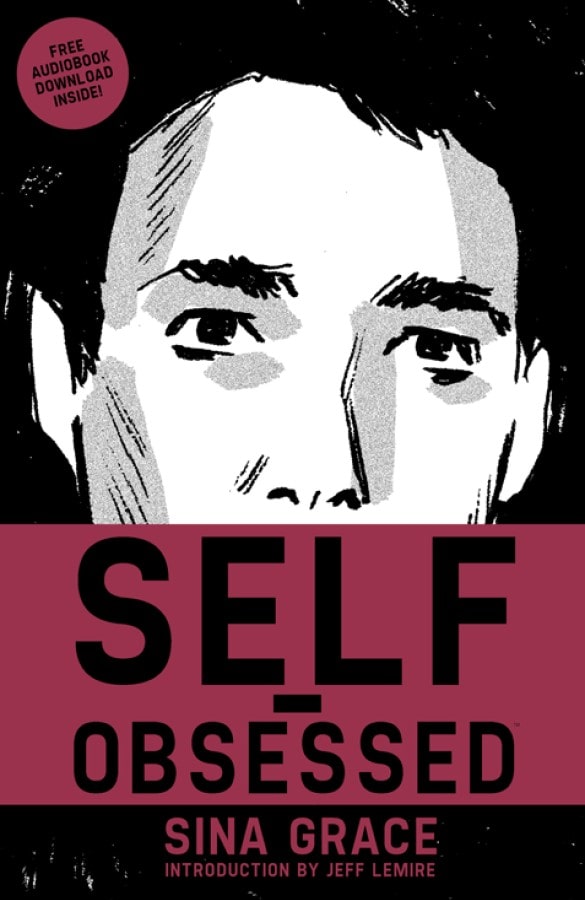
MK: Your Gotham Girl story was a backup in Mariko Tamaki’s Detective Comics run, right?
SG: To have backups during Mariko’s run, what a dream come true! She’s such an exquisite writer. The whole process was great. David Lapham is a fantastic artist and collaborator. My editor even let me redesign Gotham Girl’s outfit to really showcase where she’s at as a character. So cool.
MK: Would you still advise aspiring creators to follow the “build a following, take them with you” approach you mentioned above?
SG: My advice to anyone who wants to pursue their dreams is: no matter what, you’re gonna have to eat a dick for work. That’s what makes it WORK. So find the dick you’re most comfortable eating. I came up with this before #MeToo so it’s a little grody to say now, but my POV has not changed. One must either accept the challenges of a job to get what they want (more readers, more money, more benefits), or accept the consequences of their decisions if they don’t want to play the game.
When I spoke out about my experience at Marvel, I emailed and called every editor I was collaborating with and said, “hey, I did this thing. I understand if this affects our working relationship and you no longer want to work with me.” It was the week I had submitted my FIRST pitch to DC Comics. I was working on a Power Rangers book, an Archie book, and a friggin’ Haunted Mansion book. I had to be ready to lose those licensed gigs because I was talking smack about a Disney-owned publisher.
Ultimately, if someone’s “line” is spending a few years making 10,000 new fans at Marvel and DC, then that’s their line. I personally grew up on superhero comics so there’s no betrayal of Self getting to contribute to my favourite franchises’ tapestry.
That’s it for part one of our conversation with Sina Grace. Come back Friday for part two, where we discuss the breakout hit Rockstar and Softboy, and the importance of platonic queer friendships.
This article was originally published on our sister site, Gayming Magazine.
